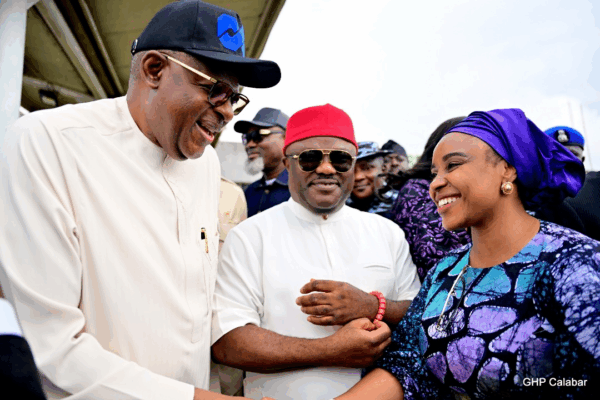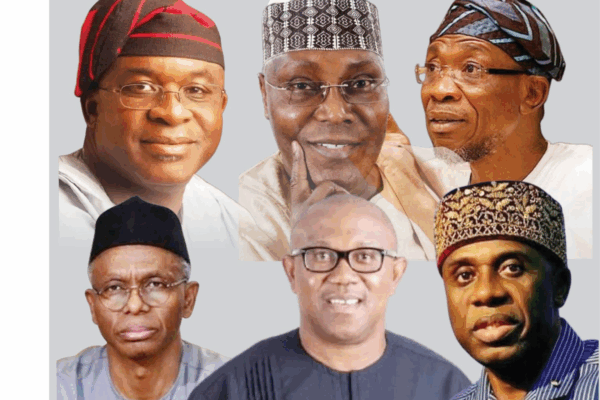
I Have No Intention Of Being Anyone’s Running Mate, Says Amaechi, Eyes 2027 Presidency
“I have no intention of being anyone’s running mate,” former Minister of Transportation Rotimi Amaechi has declared, reaffirming his ambition to contest the presidency in the 2027 elections. Amaechi made the position clear through his media aide, David Iyofor, rejecting suggestions that he could serve as a vice-presidential candidate to former Vice President Atiku Abubakar or join any joint presidential ticket. “Amaechi is not seeking to be running mate to anybody. He does not intend to be a presidential running mate to anybody and will not,” Iyofor said. The clarification follows remarks by Atiku’s ally, media entrepreneur Dele Momodu, who suggested Amaechi could be considered as a running mate if 2023 presidential candidate Peter Obi chooses to run independently. Momodu had said, “A lot of people are underrating Amaechi. Amaechi single-handedly handed power to Buhari… If Obi does not make up his mind or chooses to run alone, then I believe the mantle might fall on Rotimi Amaechi.” Amaechi’s team stressed that the former Rivers State governor is focused on securing the African Democratic Congress (ADC) presidential ticket, highlighting his belief that it is Southern Nigeria’s turn to produce the next president. “Iyofor added, “Amaechi is not aware of, and will not be part of any talk to be running mate to anybody. For emphasis, Amaechi is running to be President of Nigeria and not to be a running mate to anybody. Politicians are kindly advised to leave Amaechi’s name out of any discussion for presidential running mate.” Amaechi, who contested the All Progressives Congress presidential ticket in 2023, officially defected to the ADC earlier this year and has since declared his intention to seek the party’s nomination for the 2027 election.




